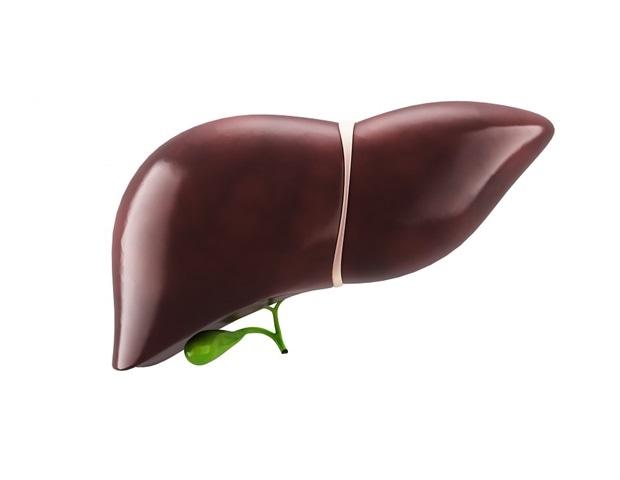Children who are sedentary for more than six waking hours a day have a significantly increased risk of severe fatty liver disease and liver cirrhosis by young adulthood, a new study finds. The research findings will be presented Saturday at ENDO 2024, the Endocrine Society's annual meeting in Boston, Mass and published in Nature's npj Gut and Liver . "We found that this relationship between sedentariness and liver damage is likely causal," said lead researcher Prof.
Andrew Agbaje, M.D., M.

P.H., Ph.
D., of the University of Eastern Finland in Kuopio, Finland. "The general public must be aware of this danger of sedentariness on the health of children, adolescents and young adults," said Agbaje, who is also with the University of Exeter in Exeter, England.
"Advanced fatty liver disease and liver cirrhosis, which is severe scarring and hardening of the liver, could increase the risk of future liver cancer or require a liver transplant." Fatty liver disease is a harmful fat buildup in the liver. When the condition is not due to alcohol consumption but linked to at least one of five components of metabolic syndrome, it is called metabolic-associated steatotic (fatty) liver disease (MASLD).
For this study, Agbaje analyzed data from a long-term study of a large U.K. birth cohort, called the Avon Longitudinal Study of Parents and Children (ALSPAC) or the "Children of the '90s".
Included in this study were 2,684 children who had repeated measurements of their movements with a waist-worn.
















